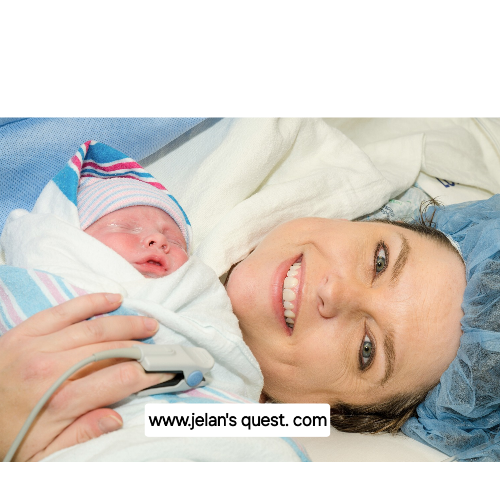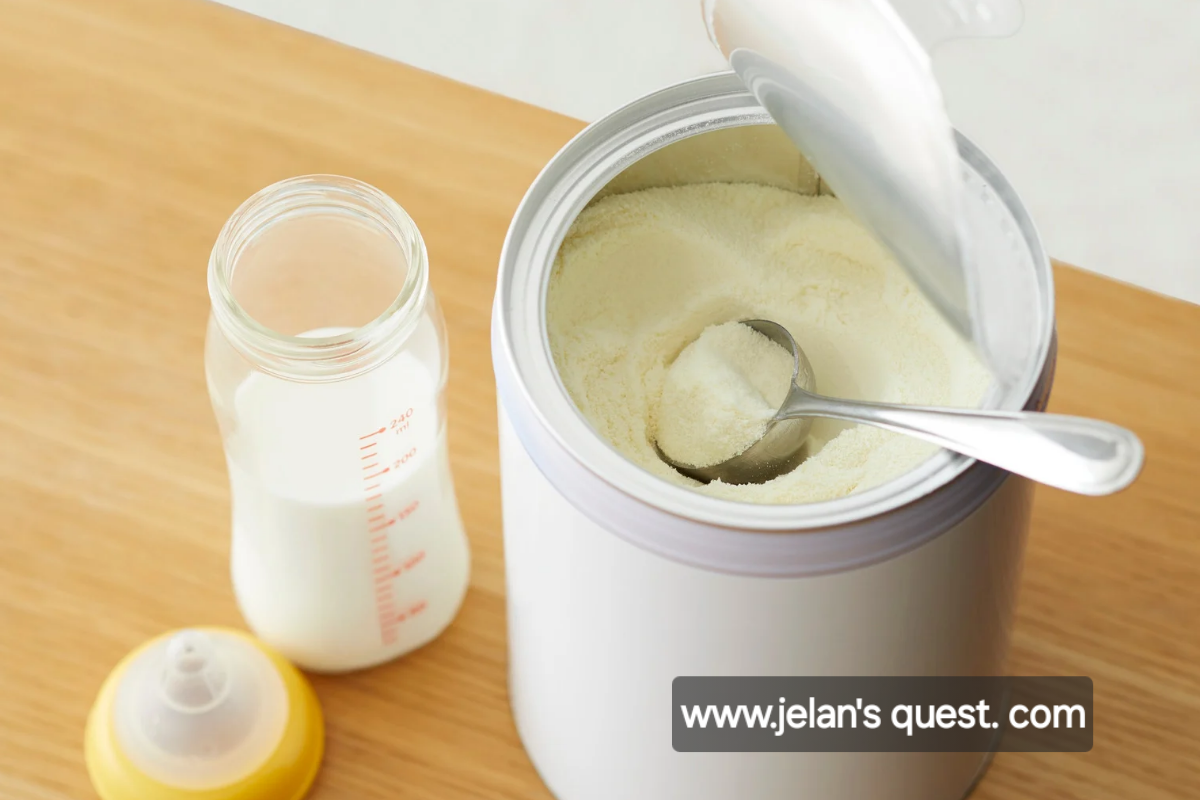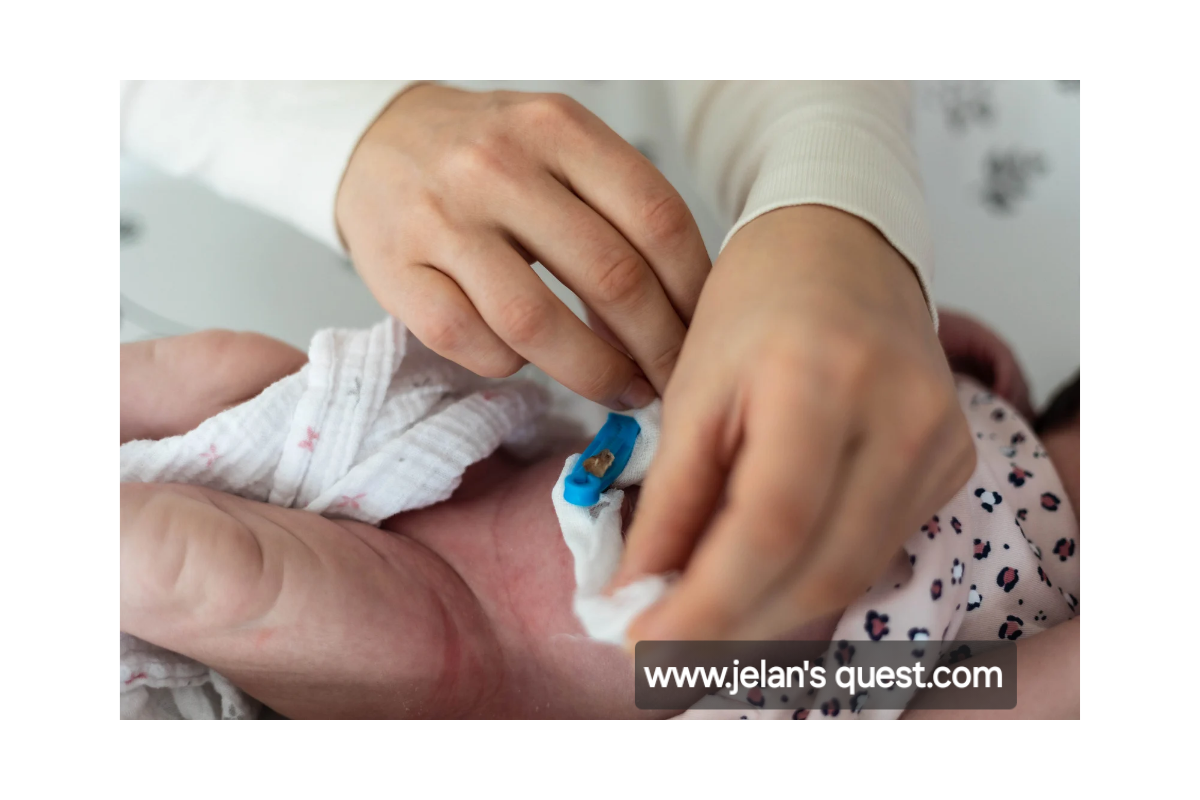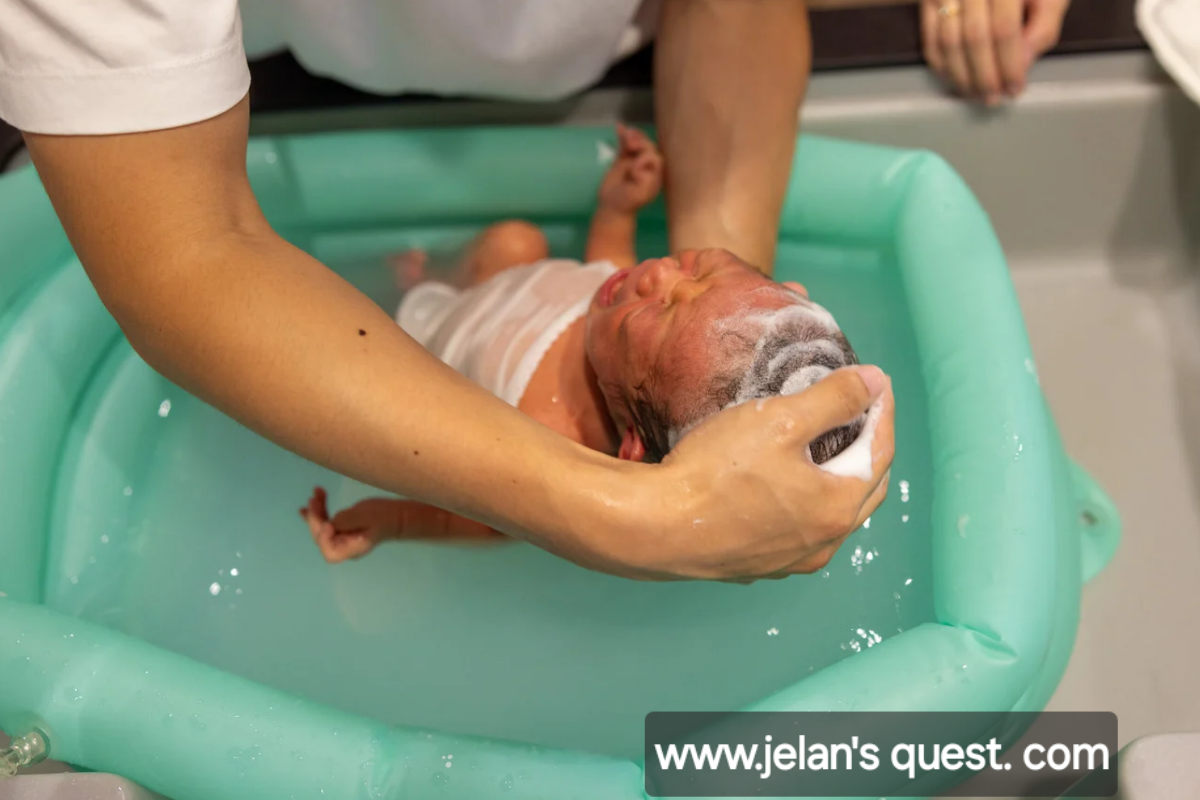Welcoming your little one into the world is a special moment, but it also brings new responsibilities. Understanding routine newborn care after delivery is essential for every parent, as it ensures your baby stays healthy, safe, and comfortable in the first few days of life. From umbilical cord care and feeding to bathing and bonding, learning the right steps early makes the transition smoother for both you and your newborn.

I still remember my early days of motherhood like they were yesterday. After the excitement of welcoming my baby into the world, I was suddenly faced with a wave of new emotions joy, fear, love and exhaustion all at once. Becoming a first-time mom can be overwhelming. I often wondered if I was on the right track or doing things the way I should lol. Every little cry made me question myself, and I worried constantly about whether I was doing enough. If you’re feeling the same way right now, mama, don’t worry — you’re not alone. I’m here to hold your hand and walk you through this beautiful, messy, magical journey called motherhood. In this post, I’ll share what I learned about routine newborn care after delivery, so you can feel confident, prepared and deeply connected to your baby.
Every new mom goes through this. You don’t have to overthink or stress all you need is the right information, a little patience and a lot of love. Let’s dive into the essential steps of caring for your newborn and creating a nurturing routine that works for you both.
Routine Newborn Care After Delivery: What Every Mom Should Know
The first few weeks after delivery are crucial for your baby’s growth, bonding and development. This is when your baby adjusts to life outside the womb and you adjust to your new role as a mom. Below are the key areas of routine newborn care after delivery that I wish someone had clearly explained to me.
Newborn Feeding — A Vital Part of Routine Newborn Care After Delivery
Feeding is one of the most important aspects of newborn care. In those early weeks, your baby’s tiny tummy needs frequent nourishment to grow and stay healthy.
Breastfeeding Tips for New Moms.
I’ll never forget those first few attempts breastfeeding, it was harder than I expected! But over time, my baby and I found our rhythm. If you choose to breastfeed, try feeding your newborn every 2 to 3 hours, or about 8 to 12 times a day. Watch for hunger cues like rooting, sucking on hands or increased alertness don’t wait until your baby cries.
 Skin-to-skin contact during feeding is wonderful for bonding and helps regulate your baby’s temperature and heartbeat. Don’t hesitate to ask a lactation consultant for help I did and it made a world of difference.
Skin-to-skin contact during feeding is wonderful for bonding and helps regulate your baby’s temperature and heartbeat. Don’t hesitate to ask a lactation consultant for help I did and it made a world of difference.
Formula Feeding and the “Fed Is Best”
Sometimes, breastfeeding isn’t possible and that’s perfectly okay. Remember this: fed is best. Whether you choose breast milk, formula, or a combination of both, the most important thing is that your baby is getting the nutrition they need.
 Follow the instructions on the formula packaging and feed your baby on demand. Over time, you’ll learn their natural feeding rhythm. Trust yourself — you’re doing a great job.
Follow the instructions on the formula packaging and feed your baby on demand. Over time, you’ll learn their natural feeding rhythm. Trust yourself — you’re doing a great job.
Umbilical Cord and Skin Care — Essential Routine Newborn Care After Delivey
 The umbilical cord stump usually falls off within 1 to 2 weeks after birth. Until then, it’s important to keep the area clean and dry. I used to gently wipe around the stump with a soft cloth dipped in warm water and then pat it dry. Avoid covering it tightly with diapers or clothing and never pull it, it will fall off naturally.
The umbilical cord stump usually falls off within 1 to 2 weeks after birth. Until then, it’s important to keep the area clean and dry. I used to gently wipe around the stump with a soft cloth dipped in warm water and then pat it dry. Avoid covering it tightly with diapers or clothing and never pull it, it will fall off naturally.
Gentle Skin Care for Newborns
 Your baby’s skin is delicate and sensitive. In the beginning, sponge baths are ideal until the umbilical stump heals. Use mild, fragrance-free baby soap and lukewarm water.
Your baby’s skin is delicate and sensitive. In the beginning, sponge baths are ideal until the umbilical stump heals. Use mild, fragrance-free baby soap and lukewarm water.
After bathing, pat the skin dry and apply a light, hypoallergenic baby lotion if needed. Keep diaper areas clean and dry to prevent rashes. A thin layer of diaper cream can protect your baby’s skin from irritation.
Sleep Patterns — A Key Part of Routine Newborn Care After Delivery
 Sleep is vital for your baby’s growth and brain development and for your sanity too! Most newborns sleep 14 to 17 hours a day, but not all at once. They usually wake every 1–4 hours to feed.
Sleep is vital for your baby’s growth and brain development and for your sanity too! Most newborns sleep 14 to 17 hours a day, but not all at once. They usually wake every 1–4 hours to feed.
Safe Sleep Practices for Newborns
 One of the most important things I learned was how to create a safe sleep environment. Always place your baby on their back to sleep, on a firm, flat surface with no pillows, blankets or toys. Room sharing or bed sharing is not recommended for the first 6 months.
One of the most important things I learned was how to create a safe sleep environment. Always place your baby on their back to sleep, on a firm, flat surface with no pillows, blankets or toys. Room sharing or bed sharing is not recommended for the first 6 months.
Try to keep nighttime interactions calm and quiet so your baby learns the difference between day and night. Over time, you’ll both fall into a rhythm that works
Diapering and Hygiene Daily Routine Newborn Care After Delivery
 Changing diapers was one of those tasks I underestimated — until I was doing it 10 times a day! Frequent diaper changes help prevent rashes and keep your baby comfortable.
Changing diapers was one of those tasks I underestimated — until I was doing it 10 times a day! Frequent diaper changes help prevent rashes and keep your baby comfortable.
Diaper Changing Tips for New Moms
 Always wash your hands before and after.
Always wash your hands before and after.
- Wipe gently from front to back to prevent infections.
- Let the skin air-dry for a few seconds before putting on a fresh diaper.
- Keep supplies (diapers, wipes, cream) organized and within reach.
Diaper output is also a great way to monitor your baby’s health. Expect at least 6–8 wet diapers a day by the end of the first week.
Bonding and Emotional Care A Precious Part of Routine Newborn Care After Delivery
 Bonding isn’t just beautiful it’s essential. Your baby knows your voice, scent and heartbeat. Simple things like skin-to-skin contact, talking softly, singing lullabies or gently moving baby slowly, softly, back and forth or side by side make them build trust and security.
Bonding isn’t just beautiful it’s essential. Your baby knows your voice, scent and heartbeat. Simple things like skin-to-skin contact, talking softly, singing lullabies or gently moving baby slowly, softly, back and forth or side by side make them build trust and security.
Your Emotional Health Matters Too
 Motherhood is life-changing and not always easy. It’s normal to feel emotional highs and lows in the early days. Don’t ignore your feelings. Lean on your support system, rest when you can, and ask for help when needed. Remember, caring for yourself is part of caring for your baby.
Motherhood is life-changing and not always easy. It’s normal to feel emotional highs and lows in the early days. Don’t ignore your feelings. Lean on your support system, rest when you can, and ask for help when needed. Remember, caring for yourself is part of caring for your baby.
Pediatric Visits — A Crucial Element of Routine Newborn Care After Delivery
 Regular checkups are vital for tracking your baby’s growth and development. Your pediatrician will check weight, feeding, reflexes, and overall health. Write down any questions you have before visits no question is too small.
Regular checkups are vital for tracking your baby’s growth and development. Your pediatrician will check weight, feeding, reflexes, and overall health. Write down any questions you have before visits no question is too small.
Vaccinations, developmental milestones, and health screenings all happen during these early appointments, so stay consistent with them.
FAQs on Routine Newborn Care After Delivery
Q1: How often should I bathe my newborn?
3–4 times per week is enough in the early weeks. Daily sponge baths are fine if you wish.
Q2: When will my baby sleep longer at night?
Most babies start stretching nighttime sleep around 3 months, but every baby is different.
Q3: What’s normal for newborn poop?
It changes from blackish meconium to yellow, seedy stools in breastfed babies or tan and pasty in formula-fed babies.
Looking back, I realize that routine newborn care after delivery isn’t about following every rule perfectly it’s about learning, loving and growing with your baby day by day. I often doubted myself in those early weeks, but every cuddle, every diaper change, and every midnight feeding was building a bond that nothing could break.
So if you’re feeling overwhelmed, take a deep breath. You don’t have to know everything right now. You are learning and that’s enough. Your baby doesn’t need a perfect mom. Your baby just needs you.


